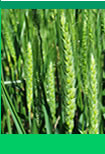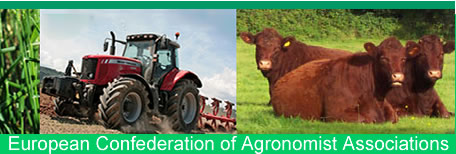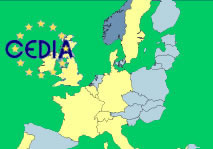


|
Charter For The European Agronomist European Professionals in Agriculture; Agricultural Scientists and Agricultural Engineers, are professionals who exercise their profession in broad sectors relating to agriculture, nutrition, rural areas and natural resources, whilst respecting the planet's bio-ecological dimension in which mankind lives and works. The academic training of Agronomists and the multi-disciplinary character of their studies - a discipline which is acquired in similar ways in the many different Member States - enables them to undertake professional missions at the highest level where their specialisation yields technical solutions, and at the same time promotes a sense of ethical responsibility in so far as they work exclusively in the public interest. The profession of the Agronomist is exercised by taking corrective action to protect the welfare of mankind and the environment. This principle is the common denominator for all European professionals in agriculture. Three main themes dominate the profession:
These themes work towards the survival of all forms of living organisms, especially given the universal character of the problems, and call for solutions which are not limited, so as to enable ideas and technology to develop and flow freely. The European Agronomists, who represent a major human resource in the European Union, are committed to co-operation in; technological research and development, strategies for agriculture and food, environmental protection, Community and Global policy issues and in worldwide programmes.
EU Directive 2005/36 on the Recognition of Professional Qualifications |